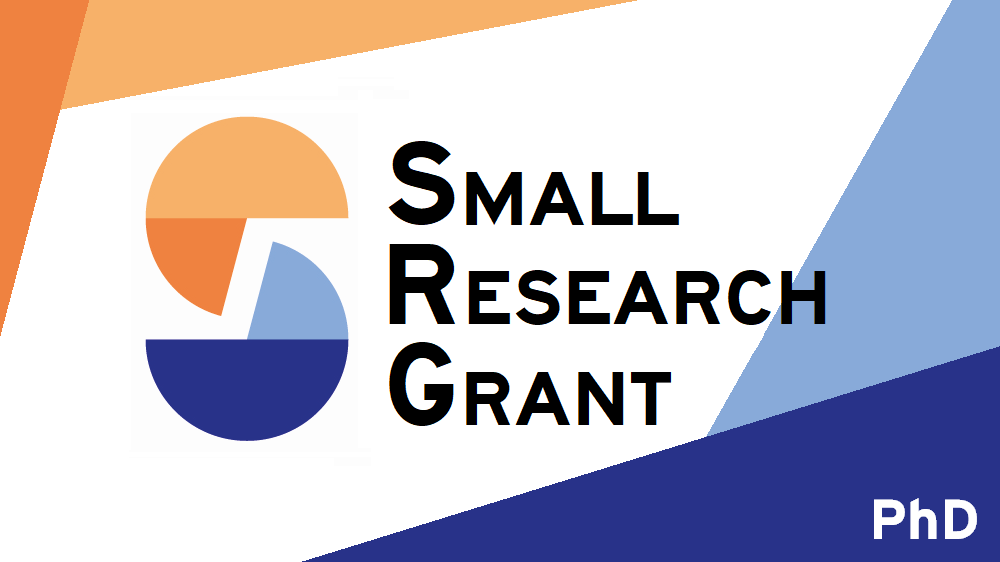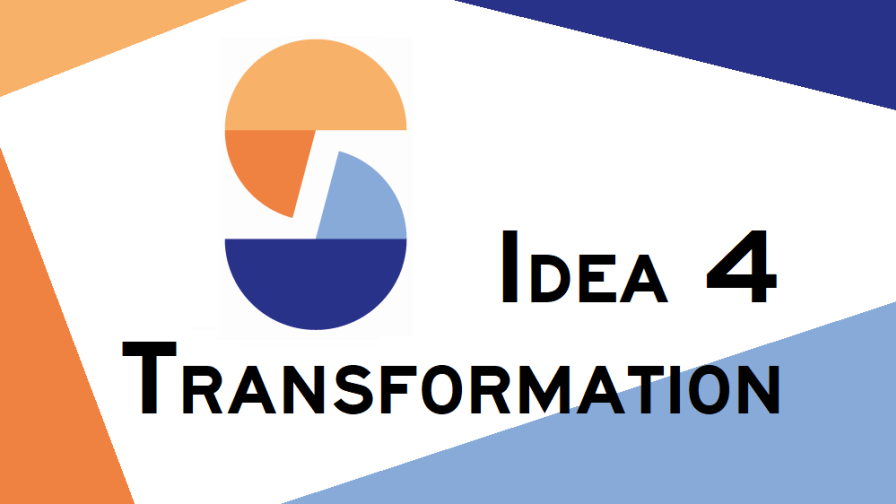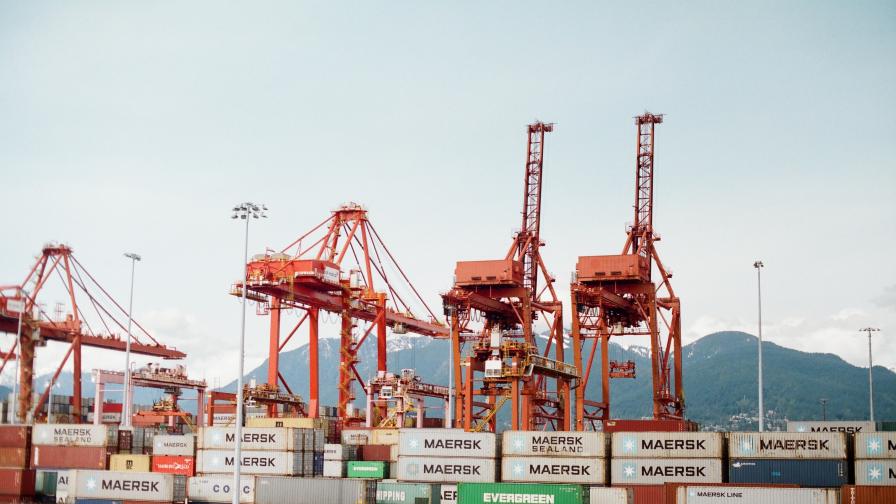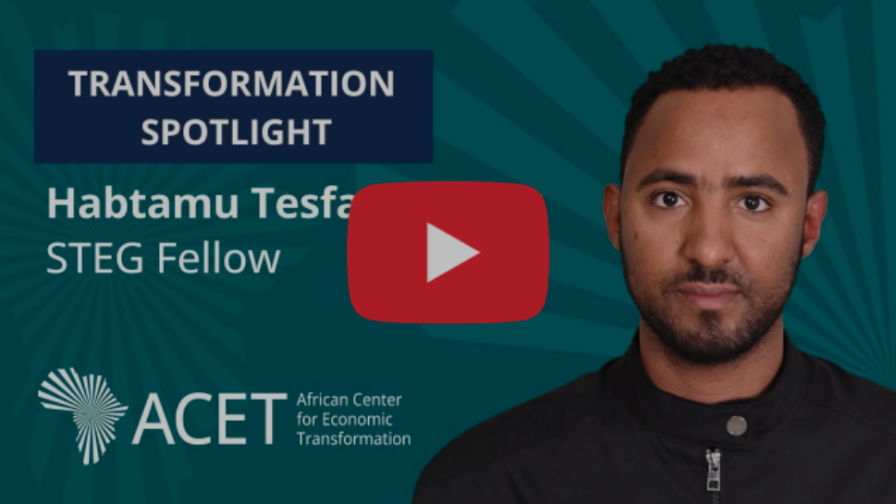Access to mobile payment platforms across Africa has boomed in recent years, offering financial services to hundreds of millions without conventional bank accounts. Mobile transactions were worth more than 600 billion USD in 2022 alone, presenting policymakers with a substantive new source of domestic revenue. Many African governments have now placed levies on mobile payment platforms to help fund public services, but these have triggered widespread backlash from citizens in ways that risk undermining tax morale and the broader welfare gains of mobile money. In this project I examine how policymakers might resolve this trade-off, using a conjoint policy choice experiment in Malawi to study the types of transaction tax able to garner public support.
In this experiment, respondents are presented with hypothetical mobile money tax policies and asked which they would prefer. Each policy has five features, the levels of which are randomised. Drawing on existing literature and the researcher's own research, the study focuses on several features likely to be relevant: the tax rate, payment exemptions, earmarking of revenues, monitoring, and mode of collection. These highlight various aspects of taxation, like the direct cost imposed on citizens, concerns about government corruption, and the public services that taxpayers receive from the state in return for their taxes.
The project will provide insights into how digital taxes can be designed in a manner that maintains public support. Developing public consent for such taxes is an important but understudied policy challenge for many African states. Mobilising digital revenues can help policymakers address unprecedented structural challenges, from bulging youth populations in need of education and jobs to the destructive impacts of climate change and food insecurity. But low levels of tax morale, driven by poor infrastructure and public good provision in many parts of the continent, often make citizens hostile to new modes of taxation. This can deter politicians from actions that expand fiscal capacity, or risk further weakening the social contract, undermining trust in political institutions, and thus constraining longer-term development.















































